Nestled along the Zambezi River near the border of Zimbabwe, Livingstone, Zambia is far more than just a gateway to Victoria Falls. Named after the legendary Scottish explorer Dr. David Livingstone, this historic town has become a dynamic blend of natural wonders, cultural heritage, and adrenaline-fueled adventures.
While many travelers come for the jaw-dropping waterfall, they quickly discover that Livingstone is a rich and multi-dimensional destination — where colonial charm, wildlife, tribal traditions, and adventure tourism come together in a seamless travel experience.
In this comprehensive tourism guide to Livingstone, Zambia, we’ll explore the best things to do, top places to stay, cultural attractions, and practical travel tips — all packed into a vibrant, informative article that brings the spirit of Livingstone to life.
1. Why Visit Livingstone, Zambia?
Livingstone is one of Africa’s best-kept secrets. It offers the raw power of Victoria Falls combined with off-the-beaten-path experiences in an environment that feels far more laid-back and less commercialized than its Zimbabwean counterpart.
Key Reasons to Visit:
-
Home to the Zambian side of Victoria Falls (arguably the more scenic and wild side)
-
World-class adventure tourism hub
-
Fascinating cultural and historical museums
-
A gateway to national parks, safaris, and rhino tracking
-
Rich in tribal traditions, storytelling, and music
2. How to Get to Livingstone
By Air:
-
Harry Mwanga Nkumbula International Airport (LVI) is just 5 km from town
-
Regular flights from Lusaka, Johannesburg, Nairobi, and Cape Town
-
Charter flights also available from safari lodges in Zambia and Botswana
By Road:
-
Drive from Lusaka (approx. 6–8 hours)
-
Cross the Victoria Falls Bridge from Zimbabwe
By Bus:
-
Several long-distance coach services connect Lusaka, Kasane (Botswana), and Harare (Zimbabwe)
Pro Tip: If coming from Zimbabwe, bring your KAZA UniVisa to enter both countries without multiple visas.
3. Top Attractions in Livingstone
🌊 Victoria Falls (Mosi-oa-Tunya)
The crown jewel of the region, Victoria Falls — or Mosi-oa-Tunya (“The Smoke That Thunders”) — is one of the Seven Natural Wonders of the World and a UNESCO World Heritage Site.
-
Visit from the Zambian side for close-up trails like Knife-Edge Bridge
-
Explore Livingstone Island and swim in Devil’s Pool
-
Best views in March–May (high water) or Aug–Dec (low water, adventure season)
🦏 Mosi-oa-Tunya National Park
-
Home to the only white rhinos in Zambia
-
Excellent walking safaris and game drives
-
Spot elephants, giraffes, zebras, buffalo, and antelope
-
Accessible from town — ideal for half-day safaris
🏛️ Livingstone Museum
-
Zambia’s oldest and most comprehensive museum
-
Exhibits on David Livingstone, tribal culture, and archaeology
-
Great for understanding Zambia’s past and present
🚂 Livingstone Railway Museum
-
For history buffs and vintage train lovers
-
Showcases colonial-era locomotives and passenger carriages
-
Entry is often included with combo tours
4. Adventure Activities in Livingstone
Livingstone is often called Africa’s Adventure Capital — and for good reason.
Top Adventure Activities:
-
Devil’s Pool: Swim on the edge of Victoria Falls
-
White-Water Rafting: Grade IV and V rapids in Batoka Gorge
-
Bungee Jumping: 111-meter freefall from Victoria Falls Bridge
-
Microlight Flights: Soar over the falls in an open aircraft
-
Helicopter Rides: The famous “Flight of Angels”
-
Gorge Swing and Zip Line: Adrenaline-packed cliff leaps
All tours are guided by trained professionals, with safety being a top priority.
5. Cultural Experiences & Local Life
Livingstone offers immersive ways to connect with local communities and learn about Zambia’s rich cultural heritage.
Experiences Not to Miss:
-
Maramba Cultural Village: Live music, dance, and tribal storytelling
-
Mukuni Village Tour: A real community near the falls with guided visits
-
Art galleries and markets: Featuring local painters, woodcarvers, and textile makers
-
Local church services on Sundays — filled with music and spirit
Respect local customs — always ask before taking photos and consider tipping your guide.
6. Best Places to Stay in Livingstone
Livingstone offers a wide range of accommodation, from backpacker lodges to 5-star luxury.
Luxury Lodges:
-
Tongabezi Lodge: Private riverside cottages, impeccable service
-
Royal Livingstone Hotel: Set within walking distance to the falls
-
Thorntree River Lodge: Modern, eco-luxury on the Zambezi
Mid-Range:
-
Maramba River Lodge: Safari-style tents and chalets
-
Waterberry Lodge: Charming, rustic, and great for wildlife lovers
Budget-Friendly:
-
Jollyboys Backpackers: Popular among solo travelers
-
Fawlty Towers Hostel: Relaxed vibe with a pool and free shuttle to the falls
7. Restaurants, Cafes & Nightlife
Livingstone’s dining scene reflects a mix of traditional Zambian flavors, Western staples, and fusion cuisine.
Where to Eat:
-
Cafe Zambezi: Best for traditional Zambian dishes and local beer
-
The Golden Leaf: Authentic Indian cuisine
-
Olga’s Italian Corner: Wood-fired pizzas and pasta
-
Royal Livingstone Deck: Perfect for a sundowner cocktail with a waterfall view
Nightlife:
-
FezBar: A local favorite for music and cocktails
-
Zamrock nights often pop up at hostels or open-air bars
-
River cruises sometimes include onboard DJs and drinks
8. Shopping & Local Crafts
From hand-carved wooden masks to bright Chitenge fabrics, Livingstone’s craft markets are bursting with color and culture.
Markets to Explore:
-
Mukuni Park Curio Market: Ideal for souvenirs, bargaining encouraged
-
Livingstone Art Gallery: Local artists showcasing contemporary works
-
Craft stalls outside the falls gate — affordable and unique
9. Best Time to Visit Livingstone
Each season offers something unique.
March–May:
-
High water levels, the falls are at full power
-
Mist can obscure views, but the drama is unmatched
June–August:
-
Dry season begins, excellent for safaris
-
Pleasant weather, fewer mosquitoes
September–November:
-
Best for adventure activities (Devil’s Pool, rafting)
-
Hot temperatures but clear skies
December–February:
-
Rainy season begins, lush landscapes
-
Some tours may be limited due to high water
Tip: Book well in advance during June–October, the busiest period.
10. Travel Tips for First-Time Visitors
-
Currency: Zambian Kwacha (ZMW). USD widely accepted at hotels and tours.
-
Language: English is official; Bemba and Tonga commonly spoken.
-
Health: Malaria prophylaxis recommended; carry insect repellent.
-
Safety: Livingstone is safe, but practice standard travel precautions.
-
Tipping: Appreciated but not obligatory — 10% is standard at restaurants.
11. Day Trips & Excursions Near Livingstone
-
Chobe National Park (Botswana): 1.5-hour drive for world-class game viewing
-
Zambezi River Cruises: Sunset, lunch, and luxury dinner options
-
Sioma Ngwezi National Park: Remote and wild — a great off-the-grid safari
-
Kazungula Bridge Border Crossing: A new symbol of regional connection
12. Sustainable & Responsible Tourism
Tourism supports conservation and local communities — but only when done ethically.
How to Travel Responsibly:
-
Book with locally owned lodges and tour operators
-
Avoid tours involving captive wildlife
-
Choose eco-certified accommodations
-
Support handmade over factory-made souvenirs
Many lodges in Livingstone now follow eco-conscious practices, including solar power, water conservation, and community employment.
13. Final Thoughts: Why Livingstone Is Africa’s Hidden Gem
Livingstone, Zambia is where natural majesty meets soulful authenticity. Unlike many tourist-heavy destinations, Livingstone retains its local rhythm, its untamed wilderness, and its generous spirit.
Here, you can:
-
Watch the sunset over a waterfall
-
Dance to local drumming in a village
-
Walk with rhinos at sunrise
-
And plunge into one of the most thrilling natural pools on earth
It’s not just a place to visit. It’s a place that visits you — in memories, in stories, and in moments that stir the soul.

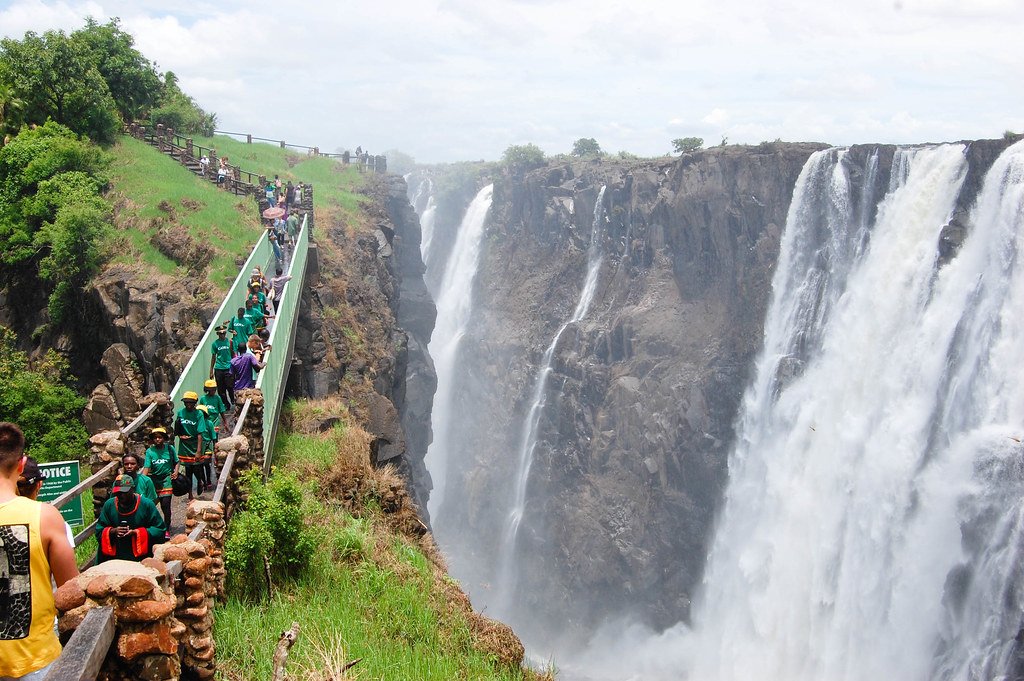
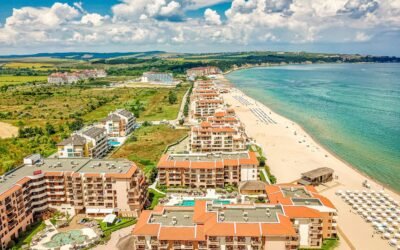
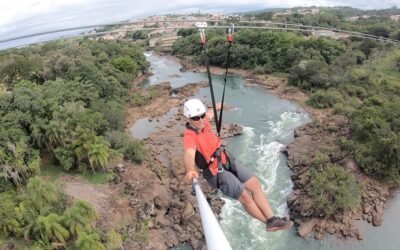


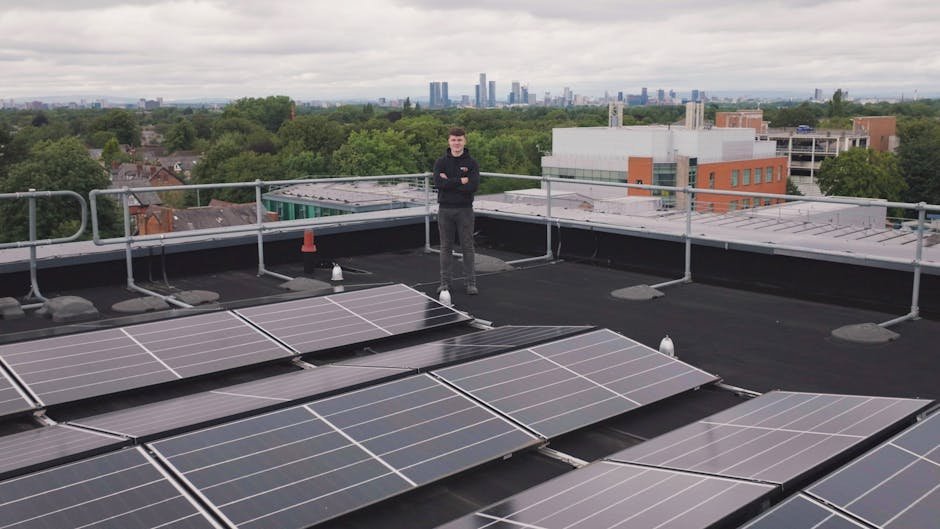
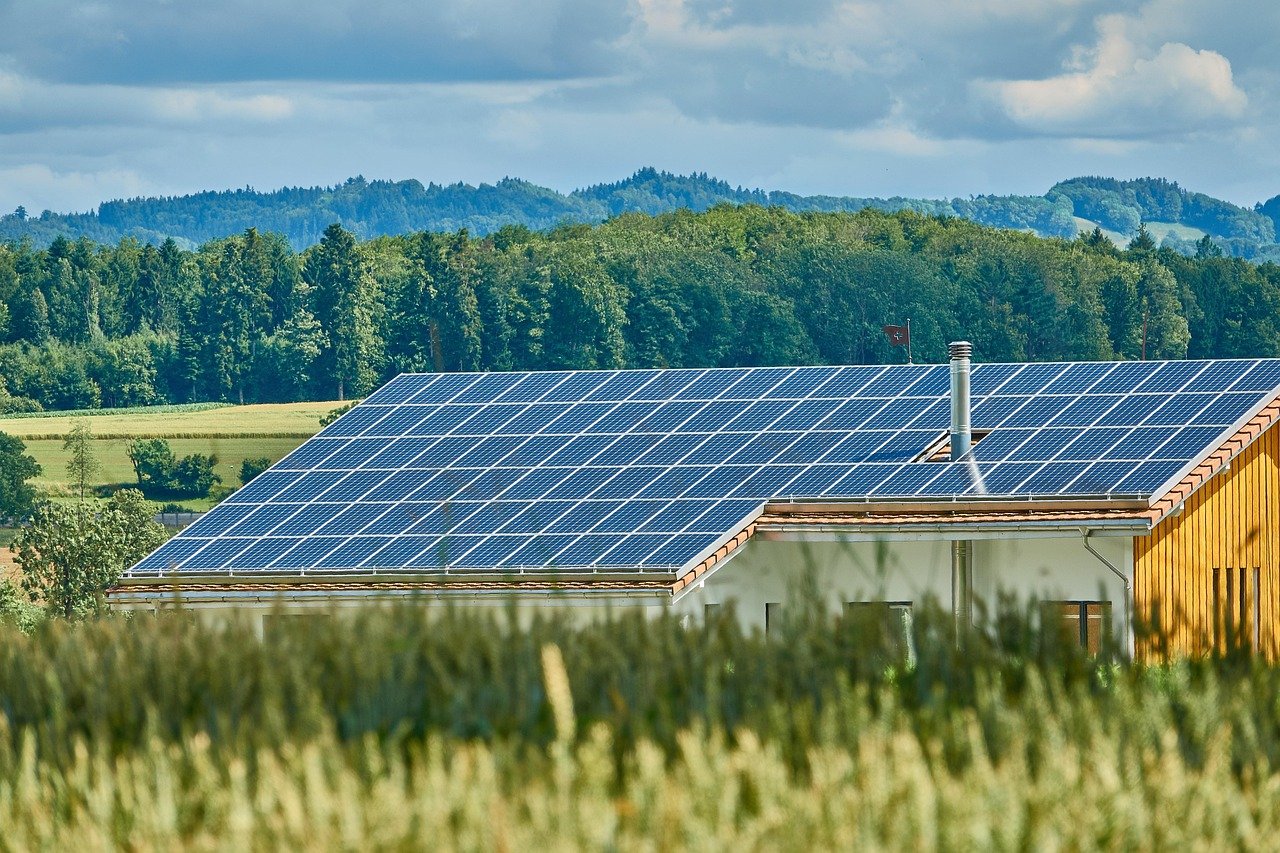
0 Comments